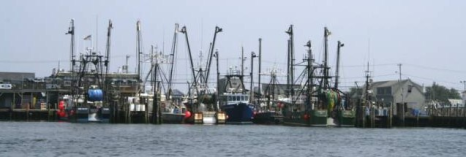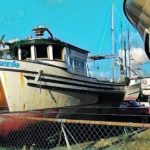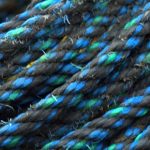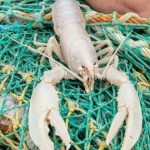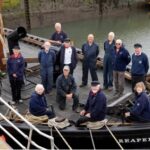Daily Archives: April 5, 2015
Menhaden: The stock is healthy, so should harvest cuts remain?
 February, a regional fisheries commission reversed course and announced Atlantic menhaden were neither being overfished nor experiencing overfishing — an important finding for Virginia, which has the only menhaden rendering plant left on the East Coast. Next month, the will meet in Northern Virginia to decide if that new benchmark assessment is convincing enough to lift a controversial 20 percent coast-wide reduction in the commercial fishery imposed in 2013. Read the rest here 21:02
February, a regional fisheries commission reversed course and announced Atlantic menhaden were neither being overfished nor experiencing overfishing — an important finding for Virginia, which has the only menhaden rendering plant left on the East Coast. Next month, the will meet in Northern Virginia to decide if that new benchmark assessment is convincing enough to lift a controversial 20 percent coast-wide reduction in the commercial fishery imposed in 2013. Read the rest here 21:02
North Pacific Fishery Management Council will meet the week of April 6, 2015 in Anchorage, AK
 The North Pacific Fishery Management Council will meet the week of April 6, 2015 at the Anchorage Hilton Hotel, 500 W. 3rd Avenue, Anchorage, AK. AGENDA and SCHEDULE. All meetings are open to the public, except executive sessions. The Council meeting will be broadcast at https://npfmc.adobeconnect.com/april2015 19:26
The North Pacific Fishery Management Council will meet the week of April 6, 2015 at the Anchorage Hilton Hotel, 500 W. 3rd Avenue, Anchorage, AK. AGENDA and SCHEDULE. All meetings are open to the public, except executive sessions. The Council meeting will be broadcast at https://npfmc.adobeconnect.com/april2015 19:26
Rhode Island Fishermen’s Alliance Weekly Update, April 5, 2015
The Rhode Island Fishermen’s Alliance is dedicated to its mission of continuing to help create sustainable fisheries without putting licensed fishermen out of business.” Read the update here To read all the updates, click here 12:34
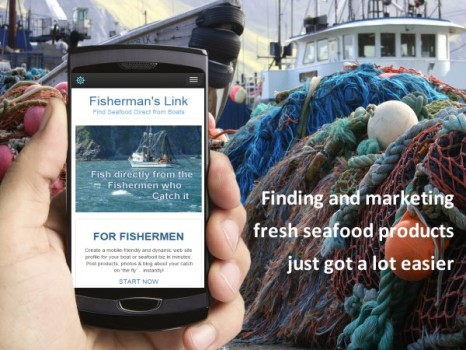
Fishermen, Buyers, Consumers. Get Connected With Fisherman’s Link!
I got an email from a fella out on the West Coast that has built a website that connects buyers of fish, and fish products to the source, US fishermen. The site is called Fisherman’s Link. For a very nominal fee, you can create a page for your fish and products. It allows for potential customers to Enter their zip code, choose the distance to search, then click the blue ‘Find Seafood Nearest to You’ button. You can test drive this site. www.FishermansLink.com Log in above with username “Demo” and password “demo”. Let us know what you think! 11:54
PHOTO GALLERY: A changing tide for Costa Rica’s artisanal fishing communities
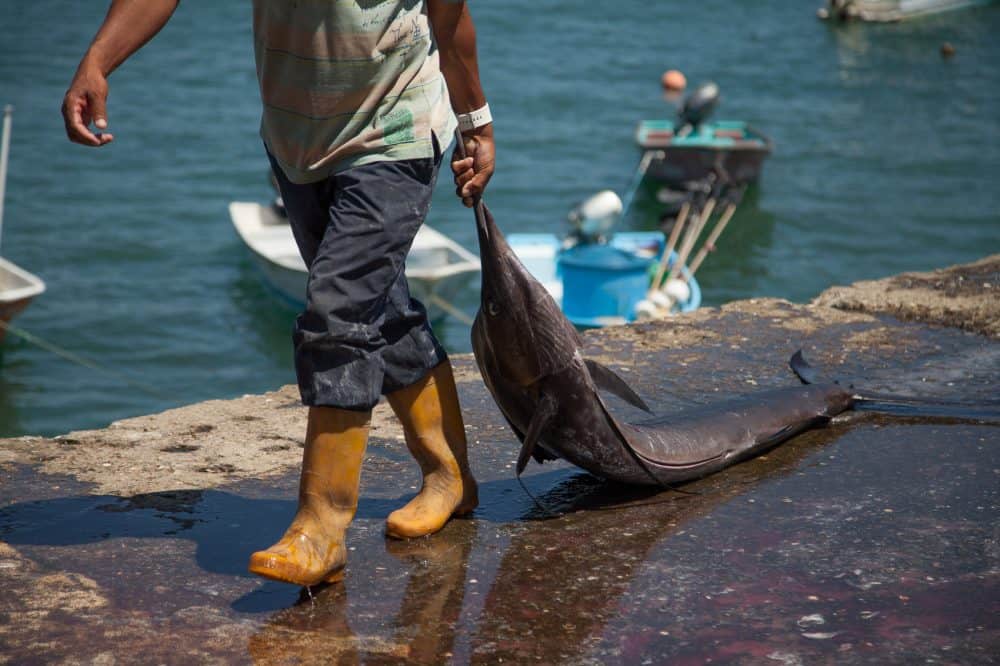 Adrian Arguijo Valdez is an artisanal fisherman. His weathered hands are a testament to countless years of direct exposure to sun and wind on the Golfo de Nicoya, off Costa Rica’s north-central Pacific coast. Threads dance off the edges of his loose clothing, but there is still great strength in his presence. “I will always be a fisherman, but these days there are fewer and fewer fish for me to catch.” Photo’s, Read the rest here 10:50
Adrian Arguijo Valdez is an artisanal fisherman. His weathered hands are a testament to countless years of direct exposure to sun and wind on the Golfo de Nicoya, off Costa Rica’s north-central Pacific coast. Threads dance off the edges of his loose clothing, but there is still great strength in his presence. “I will always be a fisherman, but these days there are fewer and fewer fish for me to catch.” Photo’s, Read the rest here 10:50
Oyster poaching continues on bay despite enforcement efforts

Smeltdown: Small fish continues Great Lakes vanishing act
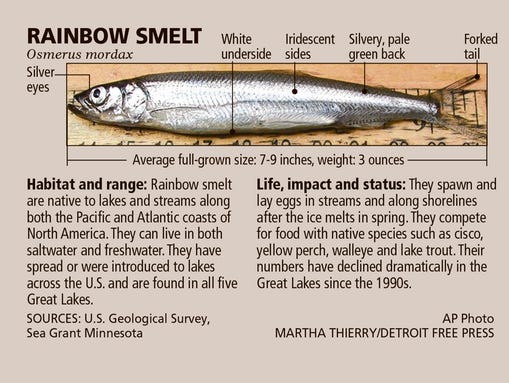
Like so many fish people associate with the Great Lakes, the rainbow smelt is an invasive species. The approximately 6-inch fish is native to the Atlantic and Pacific oceans, but moves into freshwater to spawn. It was first stocked in Crystal Lake in Benzie County in 1912, after several unsuccessful attempts to stock smelt in the St. Mary’s River to support another transplanted fish, Atlantic salmon. Smelt were found in Lake Michigan in 1923 and then spread throughout the Great Lakes. The commercial harvest of smelt on the Great Lakes reached 4.8 million pounds by 1941. Read the rest here 10:03
Battle for red snapper begins in Gulf
“The National Oceanic Atmospheric Administration’s  has failed to adequately account for the size and well being of the red snapper stock in the Gulf of Mexico,” Byrne says. “They have continued to use outdated and ineffective methods to each sample for red snapper and measure how many fish are getting caught as soon as the season begins, and they have frankly lost all credibility.” Read the rest here 09:50
has failed to adequately account for the size and well being of the red snapper stock in the Gulf of Mexico,” Byrne says. “They have continued to use outdated and ineffective methods to each sample for red snapper and measure how many fish are getting caught as soon as the season begins, and they have frankly lost all credibility.” Read the rest here 09:50
D.B. Pleschner: Sardines are not being overfished
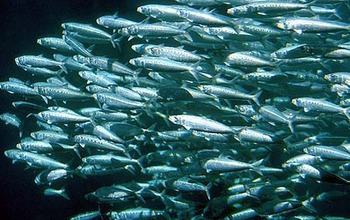 In recent weeks, sardines have been a hot news topic again. Environmental groups like Oceana complain that the sardine population is collapsing just like it did in the mid-1940s. They blame “overfishing” as the reason and maintain that the fishery should be shut down completely. Today, in truth, Pacific sardines are perhaps the best-managed fishery in the world — the poster fish for effective ecosystem-based management,,, Read the rest here 08:50
In recent weeks, sardines have been a hot news topic again. Environmental groups like Oceana complain that the sardine population is collapsing just like it did in the mid-1940s. They blame “overfishing” as the reason and maintain that the fishery should be shut down completely. Today, in truth, Pacific sardines are perhaps the best-managed fishery in the world — the poster fish for effective ecosystem-based management,,, Read the rest here 08:50






